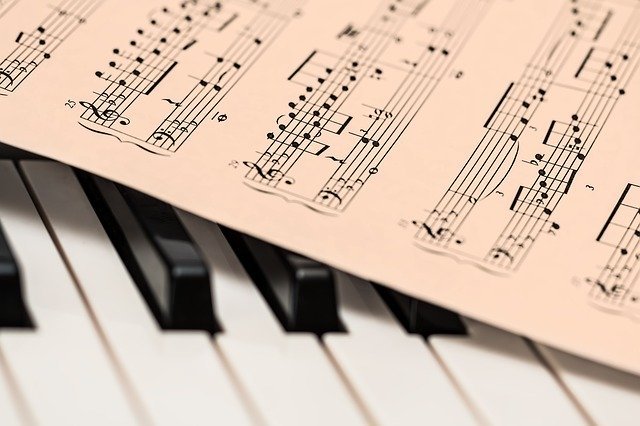
In a new study, researchers found that patients who suffered episodes of chest pain soon after a heart attack, known as early post-infarction angina, had much lower levels of anxiety and pain if they listened to music for 30 minutes a day.
The new finding suggests music, combined with standard therapies such as medications, could be a simple, accessible measure that patients can do at home to potentially reduce these symptoms and help prevent subsequent cardiac events.
The research was conducted by a team at the University of Belgrade School of Medicine.
Nearly 700,000 people survive a heart attack in the U.S. each year, and it is estimated that roughly 1 in 9 heart attack survivors experience subsequent episodes of chest pain and anxiety within the first 48 hours.
There have been very few studies analyzing the effects of music on heart conditions.
The researchers recruited 350 patients diagnosed with a heart attack and early post-infarction angina.
Half were randomly assigned to receive standard treatment while half were assigned to regular music sessions in addition to standard treatment.
For most patients, standard treatment included a variety of medications such as nitrates, aspirin, clot-preventing drugs, beta-blockers, statins, calcium channel blockers, blood pressure-lowering medications, and the angina-reducing drug ranolazine.
Patients receiving music therapy first underwent a test to determine which musical genre their body was likely to respond to positively.
They were then asked to listen to their designated musical selection for 30 minutes each day whenever it was convenient for them to sit, ideally while resting with their eyes closed.
Patients continued with these daily listening sessions for seven years, documenting their sessions in a log.
At the end of seven years, music therapy was found to be more effective than standard treatment alone in terms of reducing anxiety, pain sensation and pain distress.
The patients with music therapy, on average, had anxiety scores one-third lower than those on standard treatment and reported lower angina symptoms by about one-quarter.
These patients also had significantly lower rates of certain heart conditions, including an 18% reduction in the rate of heart failure; 23% lower rate of a subsequent heart attack; 20% lower rate of needing coronary artery bypass graft surgery; and 16% lower rate of cardiac death.
The team says the music may work by helping to counteract the activity of the sympathetic nervous system, the part of the nervous system that drives the “fight-or-flight” response when a person faces a stressful situation.
Because it increases heart rate and blood pressure, a sympathetic response can put added strain on the cardiovascular system.
Based on our findings, the researchers believe music therapy can help all patients after a heart attack, not only patients with early post-infarction angina. It’s also very easy and inexpensive to implement.
The lead author of the study is Predrag Mitrovic, MD, Ph.D., professor of cardiology at the University of Belgrade School of Medicine.
The study was presented at the American College of Cardiology’s Annual Scientific Session Together with the World Congress of Cardiology.
Copyright © 2020 Knowridge Science Report. All rights reserved.



